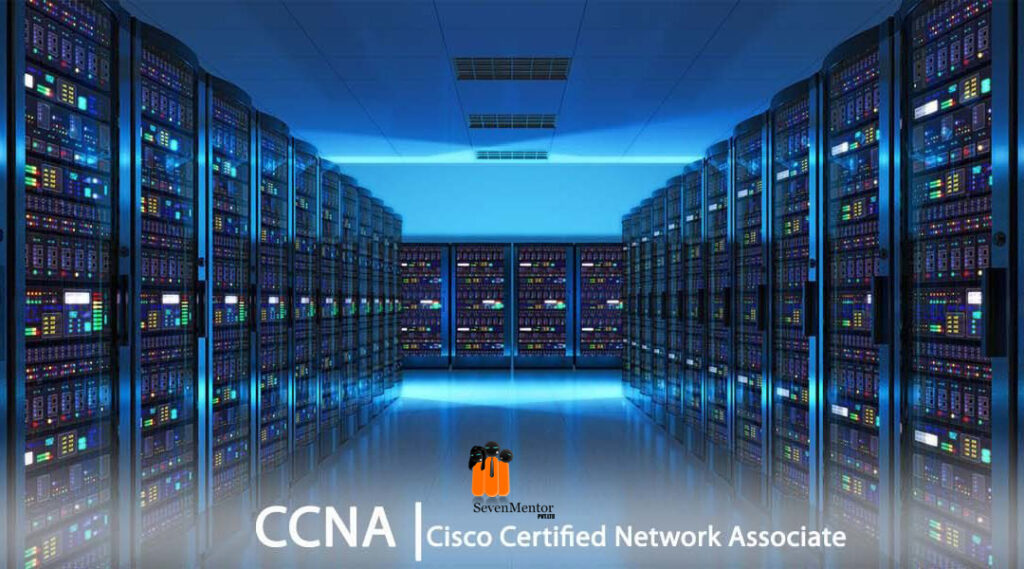The Cisco Certified Network Associate (CCNA) and Cisco Certified Network Professional (CCNP) are two levels of certification offered by Cisco Systems, designed to validate the skills and knowledge of networking professionals. Here are the key differences between CCNA and CCNP:
1. Certification Level
CCNA (Cisco Certified Network Associate)
Level: Entry-level to associate-level certification.
Purpose: Designed for individuals starting their career in networking. It validates the foundational skills and knowledge needed to install, configure, and troubleshoot small to medium-sized networks.
CCNP (Cisco Certified Network Professional)
Level: Professional-level certification.
Purpose: Intended for experienced networking professionals who have a deeper understanding of networking concepts and more hands-on experience. It covers advanced network skills required for large-scale networks and complex network solutions.
2. Prerequisites
CCNA
Prerequisites: No formal prerequisites. However, having a basic understanding of networking concepts and some hands-on experience with network devices can be beneficial.
Exam: As of the latest update, candidates need to pass one exam (200-301 CCNA) to achieve the CCNA certification.
CCNP
Prerequisites: While there are no formal prerequisites for the CCNP exams, it is recommended that candidates have a CCNA certification or equivalent knowledge and experience in networking.
Exams: To achieve the CCNP certification, candidates need to pass two exams:
One core exam (specific to the chosen track, e.g., enterprise, security, data center).
One concentration exam of their choice within the same track.
3. Depth of Knowledge
CCNA
Scope: Covers broad networking fundamentals, including:
Network access
IP connectivity and IP services
Security fundamentals
Automation and programmability
Focus: Provides a comprehensive overview suitable for beginners to understand the basics of networking.
CCNP
Scope: Focuses on more advanced and specialized topics within the chosen track, such as:
Advanced routing and switching
Network design
Network troubleshooting
Security solutions
Data center technologies
Wireless and mobility solutions
Focus: Provides in-depth knowledge and skills needed for complex network environments and higher-level job roles.
4. Job Roles
CCNA
Typical Roles:
Network Technician
Network Support Engineer
Help Desk Technician
Network Administrator (entry-level)
CCNP
Typical Roles:
Network Engineer
Senior Network Engineer
Network Consultant
Network Architect
IT Manager
Network Specialist
5. Career Impact
CCNA
Career Start: Ideal for those starting their career in networking. It opens up entry-level job opportunities and provides a foundation for further certifications.
Growth: Enhances credibility and employability for fundamental networking roles.
CCNP
Career Advancement: Suitable for professionals looking to advance their careers to higher-level roles with more responsibilities.
Specialization: Allows for specialization in specific areas of networking, making candidates more competitive for advanced positions.
Read More… CCNA Training in Pune
